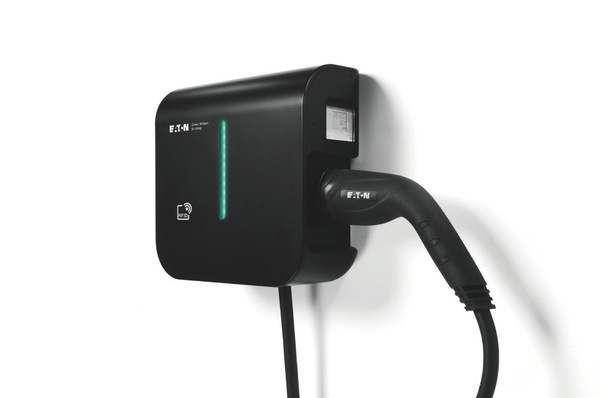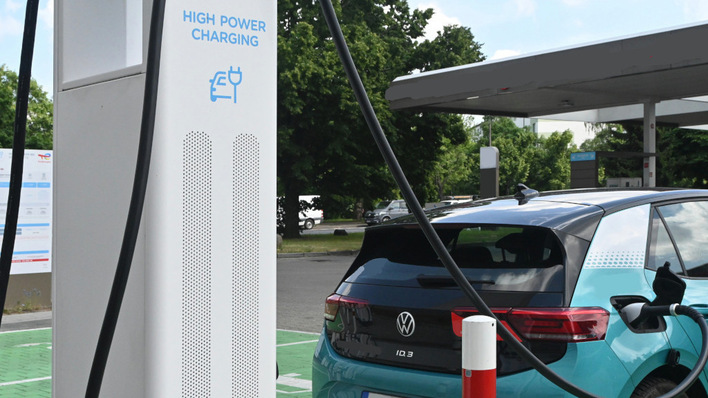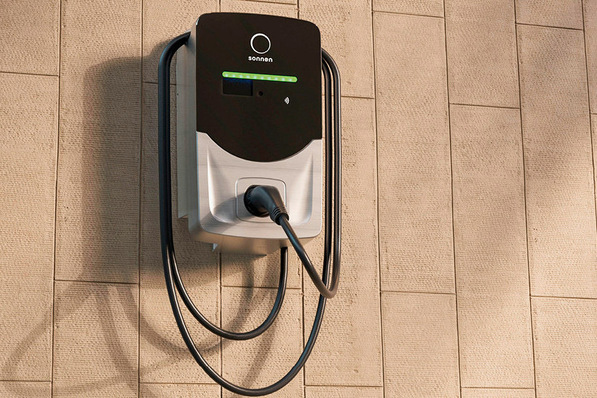Driving an electric car is usually cheaper than driving a conventional petrol or diesel car. However, the rising prices for household electricity, which is used by many electric cars, are increasingly eating away at this advantage. This is becoming a new obstacle for the purchase of electric cars, as the market researchers of EuPD Research have found out.
See also:
Record rise expected for small-sized PV installations in 2020
On behalf of the storage manufacturer E3/DC, the analysts surveyed over 2,000 Germans on, among other things, obstacles to getting into electric mobility. It turned out that 73 per cent of those respondents who have already decided to buy an electric car see rising electricity prices as an obstacle to implementing their decision. An electric car currently consumes between 15 and 30 kilowatt hours of electricity per 100 kilometres. With an average annual mileage of 14,000 kilometres, the vehicle consumes between 2,100 and 4,200 kilowatt hours of electricity. At an average electricity price of 31.4 cents per kilowatt hour, this adds up to between 600 and 1,300 euros annually.
Solar power is cheaper than household electricity
Since electricity prices will continue to rise in the near future, this will have an impact on the cost of electric driving. Therefore, analysts recommend the use of a solar system. After all, solar power is becoming ever cheaper and is currently in the range of ten cents per kilowatt hour even for roof systems. If the EV is charged exclusively from self-produced solar power, the annual driving costs will decrease by 450 to 900 euros, as the analysts of EuPD Research have calculated. This represents savings of 69 per cent. (su/mfo)







